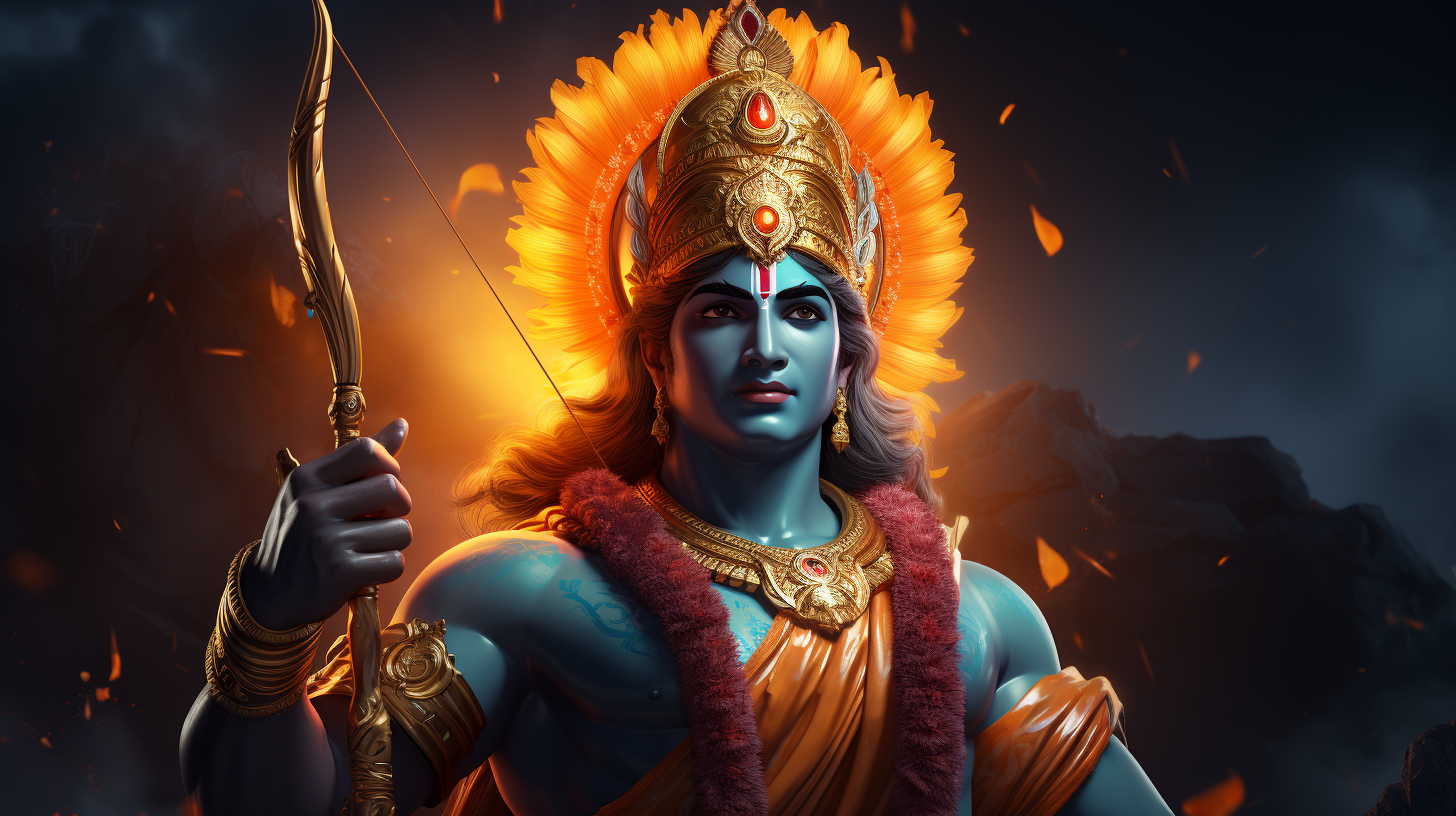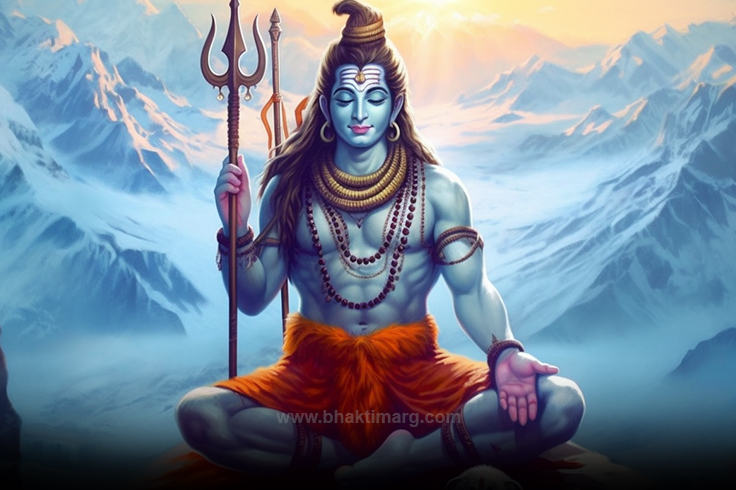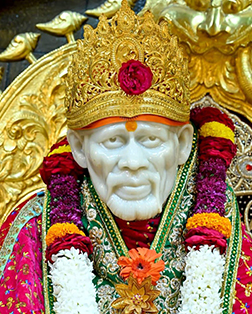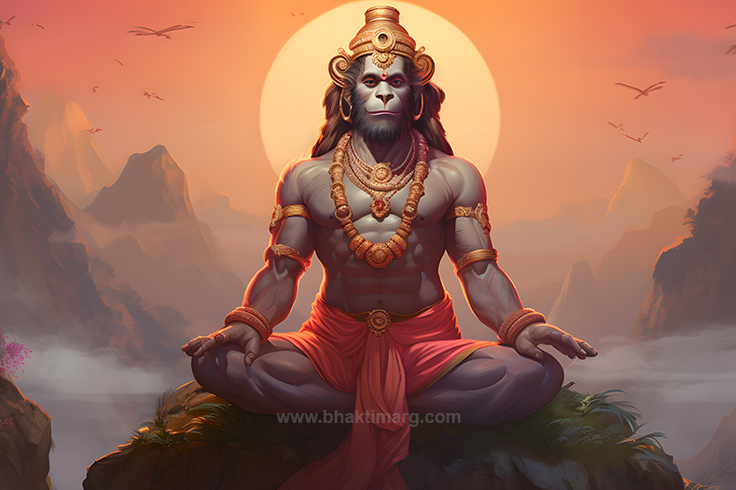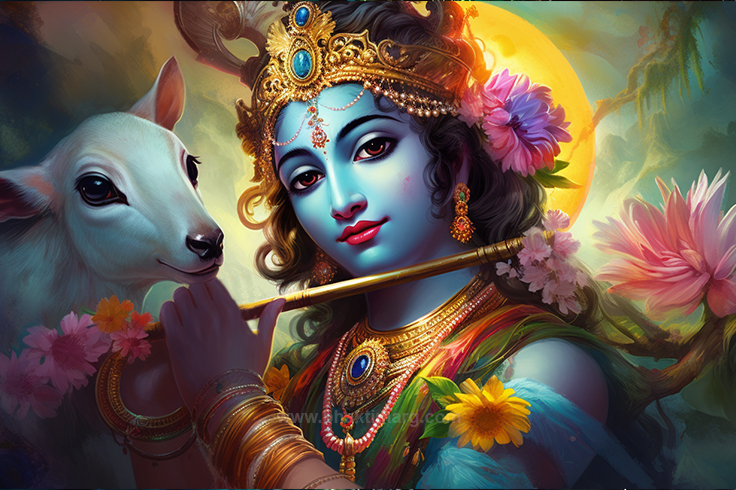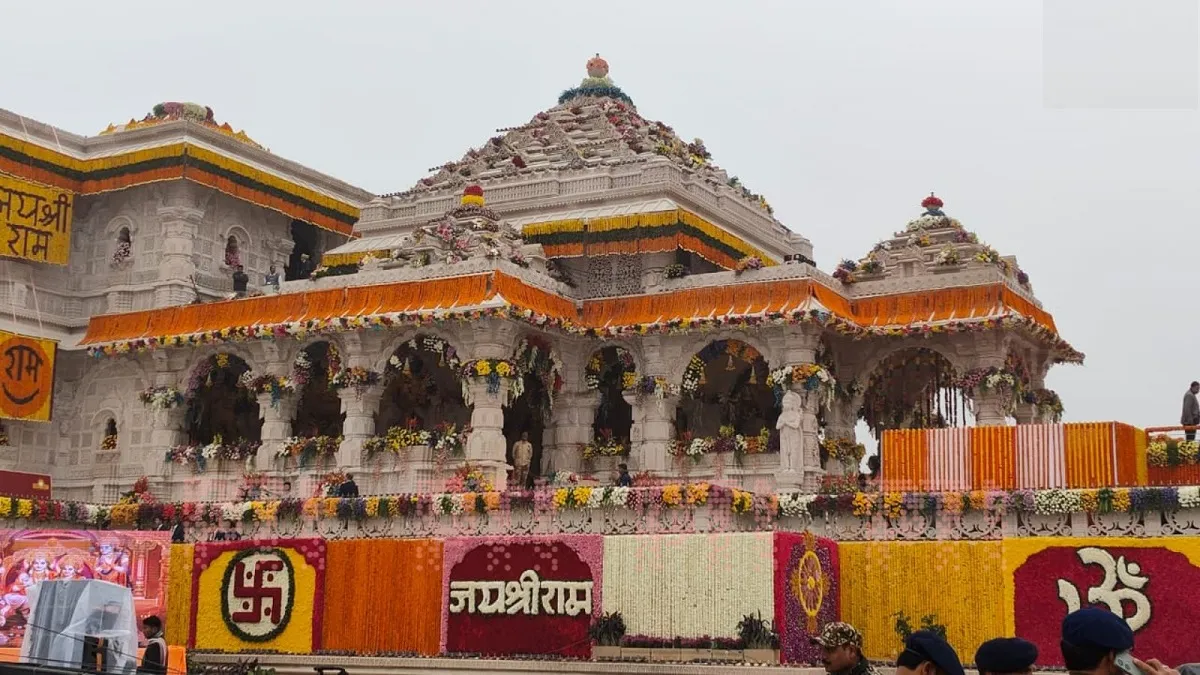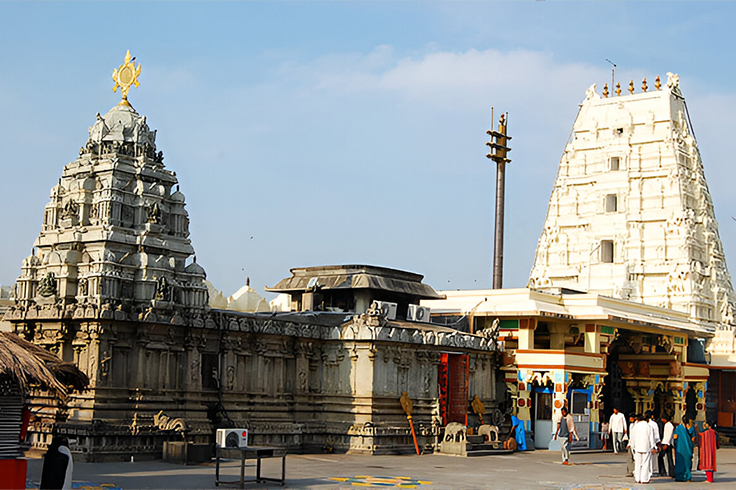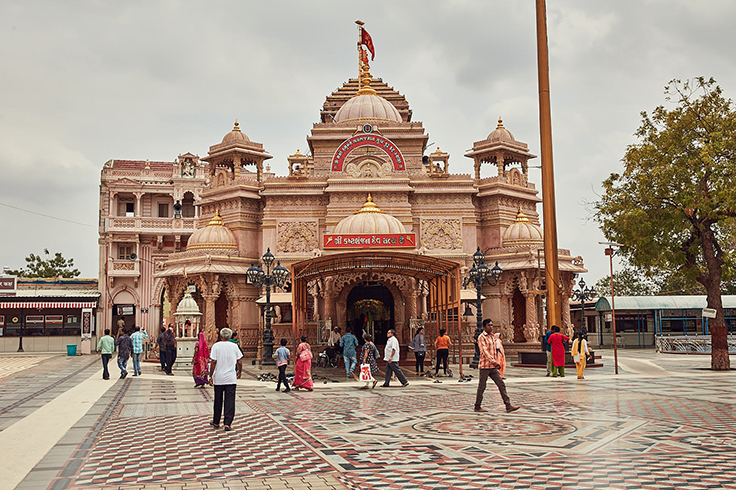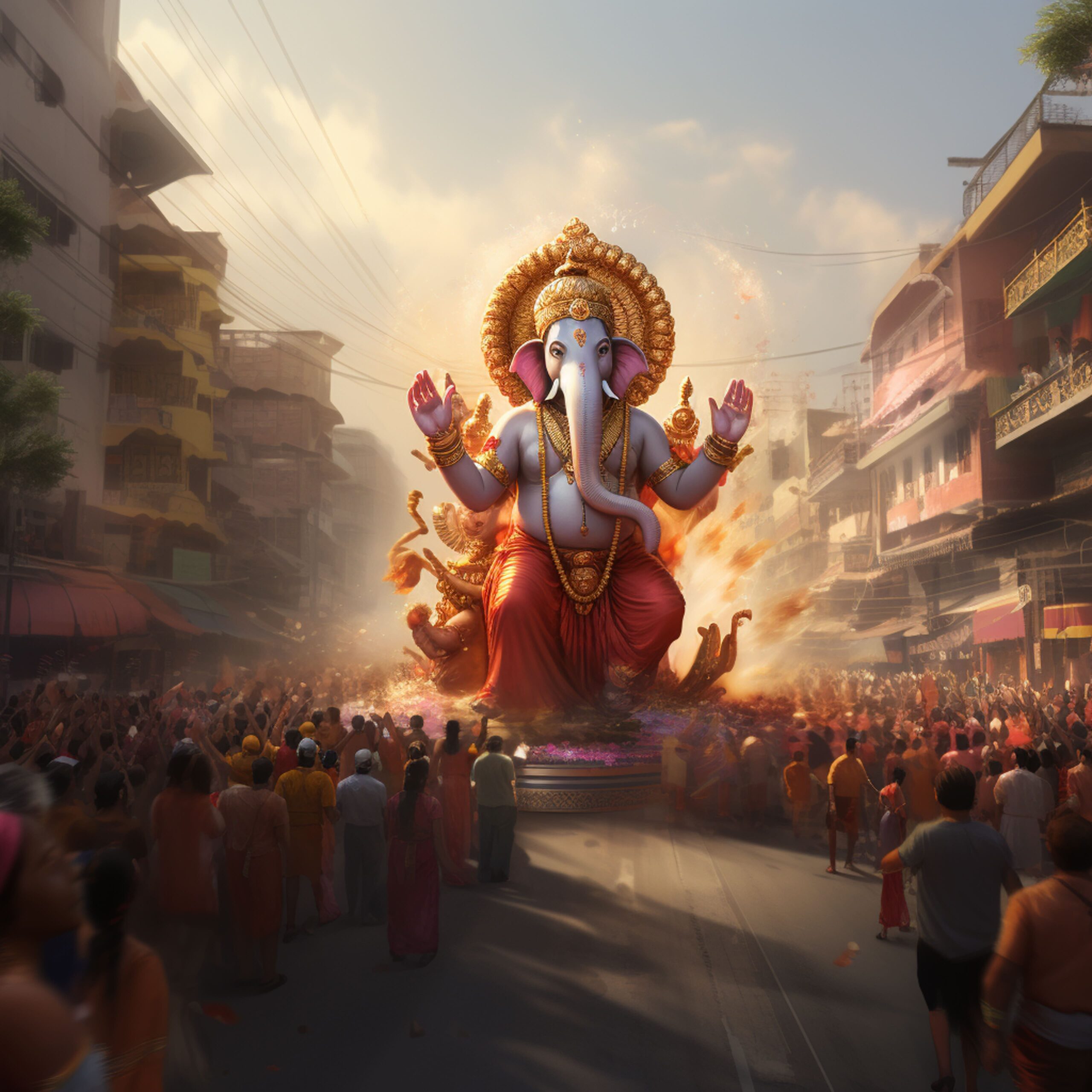
The 5 Days of Diwali: Spiritual Significance of Each Day
Diwali is a festival of lights celebrated throughout India and among various Hindu communities worldwide. This festival is deeply rooted in Hindu traditions, with each day symbolizing spiritual values, customs, and rituals that carry profound meanings. Throughout ancient times, the scriptures mention several instances that gave rise to this celebration. The five days of Diwali 2024 start from the 31st of October and will span to the 3rd of November, with one festive day on the 29th of October, Dhantrayodashi.
The five days of Diwali is an occasion of celebration which is more than just lighting diyas (lamps), bursting crackers, and exchanging sweets. It is a time for renewal, reflection, and the triumph of good over evil, light over darkness, and knowledge over ignorance. The Diwali Pooja Vidhi is elaborate on each day praising different aspects and teaching a lesson passed down to generations, in this blog let’s explore the meaning of each day and the significance of the celebration.
History of Diwali Celebration:
The 5 days of Diwali celebrations can generally traced back 2,500 years and have their roots in ancient India’s traditions and events mentioned in the Hindu scriptures. The origin of this celebration dates back to the Treta Yuga connecting to the instance of Lord Shri Ram and his triumph return, then one instance of Dwapar Yuga connecting to lord Krishna, one even from the Satayuga.
Historically and geographically it is celebrated as marking the end of the harvest season and the beginning of winter. This celebration can be said as a seasonal celebration having deep spiritual and cultural beliefs, Let us know these in detail.
5 days of Diwali Its Significance and Celebration:
Day 1: Dhanteras (Welcoming Prosperity and Good Health)

The first day of Diwali falls on the thirteenth lunar day of the Krishna Paksha in the month of Ashwin, Dhantrayodashi or Dhanteras, as the name suggests it celebrates the goddess or wealth Lakshmi Mata and god of health and Ayurved Lord Dhanvantri. The word “Dhan” refers to wealth, and “Teras” signifies the thirteenth day, this day marks the beginning of Diwali and is a day to invoke prosperity, wealth, and health.
In scriptures, this day is linked to the event of Samudra Manthan in the Satyuga when all the prosperity and Goddess Laxmi disappeared but after the churning of Sheer Sagar, she reemerged along with other elements one of which was Lord Dhanvantri the god of health and Ayurveda.
People clean their homes and light oil lamps to invite the goddess of wealth into their homes. There is a ritual of buying gold, silver, or utensils on this day considering it’s an auspicious symbol of welcoming abundance into one’s life. Houses are decorated, and elaborate pujas are performed to honor both material and spiritual wealth.
Day 2: Naraka Chaturdashi (Triumph of Good Over Evil)

Among the five days of Diwali, this day is known as Choti Diwali, Kali Chaudas, or Narakchaturdashi as this day is celebrated to honor the victory of Lord Krishna over the demon Narakasura, symbolizing the triumph of light over darkness and good over evil. This day is also associated with Goddess Kali, representing the destruction of evil forces.
Hence Naraka Chaturdashi reminds us that the light of knowledge, truth, and justice can overcome even the most terrible darkness. The celebration symbolizes the cleansing of negativity, both physically and mentally, it encourages the removal of evil influences and inner purification.
In the effort of purification traditionally, people take a pre-dawn bath, symbolizing the removal of past sins it is called Abhyangsnan. Lamps are lit throughout the home to ward off evil spirits, and people decorate their home entrance with rangoli, flowers, and lights, preparing for the larger Diwali celebrations. The significance of Rangoli in Diwali celebrations is prominent, it symbolizes prosperity and good fortune, and the intricate designs and bright colors represent joy, positivity, and the triumph of light over darkness.
Day 3: Lakshmi Puja (Invoking Wealth and Divine Blessings)

The third day of Diwali is the most important and widely celebrated, known as Laxmi Pujan, it falls on Amavasya, the new moon night, which is considered the darkest night of the year. In the scriptures, this day is mentioned to be the one when Goddess Laxmi and all the prosperity in the world was gone. To bring it back gods and demons came together and through Samudramanthan welcomed the Goddess back into the world on this day.
Among the 5 days of Diwali, this day signifies the return of wealth and prosperity in the world hence people celebrate it by worshiping Goddess Lakshmi, Lord Ganesha, and Saraswati. Laxmi Puja is believed to be the most auspicious time to invite divine prosperity and fortune into homes. On the darkest night lighting lamps to show way to the goddess. This day is also celebrated as the return of Lord Shri Ram and Goddess Sita back from 14 years of exile and after defeating Ravana ending his atrocities. Scriptures mention that this was the darkest day hence people light lamps to light the way of Lord Ram toward his palace and this is carried forward as a tradition even today.
So this day calls for a double celebration symbolizing the arrival of Goddess Lakshmi, bringing good fortune, prosperity, and wealth to the household, and reminiscing of the triumph return of Shri Ram. The lights also symbolize dispelling the darkness of ignorance and replacing it with the radiance of knowledge and wisdom. Homes are adorned with lights, diyas, and rangolis to attract the positive energy of wealth and prosperity. Lakshmi puja is performed, offering sweets, flowers, and other offerings to the goddess. Prayers are offered to Lord Ganesha, the remover of obstacles, and Saraswati, the goddess of wisdom, to seek balance between material and spiritual wealth.
Day 4: Diwali Padva/Govardhan Puja and Annakut (Gratitude to Nature)

On the fourth day among all 5 days of Diwali festival, this day has several instances as mentioned in the scriptures.
- One is the Govardhan Puja or Annakut celebration, especially in North India commemorating the event of Lord Krishna lifting Mount Govardhan to protect the villagers of Vrindavan from a devastating storm caused by Lord Indra. Govardhan Puja emphasizes the importance of gratitude towards nature and the divine powers that protect and nurture life on earth. People create small mounds of cow dung to represent Govardhan and worship them as a symbol of nature’s abundance. Devotees offer a variety of food, known as Annakut (meaning mountain of food), as a gesture of gratitude to nature and the divine. Feasts and communal meals are organized, symbolizing the nurturing aspect of life and giving back to society
- This day is also observed as Bali Pratipada in some regions, marking the victory of Vamana, an incarnation of Lord Vishnu, over the demon king Bali. According to ancient texts, after suppressing King Bali lord Vishnu granted him a boon to visit Earth once a year. On this day, devotees welcome his spirit by lighting lamps and making offerings, symbolizing prosperity and goodwill.
- In Maharashtra, it also marks the traditional New Year called Diwali Padva, celebrating growth, happiness, and familial bonds. Especially highlighting the strong bond between husband and wife. Husbands traditionally give gifts to their wives, celebrating love and togetherness. Diwali Padva is a day of devotion, community, and family, symbolizing protection, gratitude, and marital harmony.
Day 5: Bhai Dooj (Celebrating the Bond Between Siblings)

The final among all 5 days of Diwali is Bhai Dooj, a day dedicated to celebrating the bond between brothers and sisters. Similar to Raksha Bandhan, this day is meant to honor the love and protection shared between siblings. According to legend, Yama, the god of death, visited his sister Yami (Yamuna) on this day. She welcomed him with a tilak, performed an aarti, and offered sweets, in return, Yama blessed her with protection and prosperity.
From this, the tradition of Bhai Dooj began, where sisters prayed for their brothers’ well-being, and brothers offered gifts as a token of love. The festival symbolizes love, protection, and the enduring bond between siblings, strengthening family ties and unity. The day also symbolizes the duty to protect and nurture relationships that are central to life’s harmony
So the five days of Diwali are not only a time for celebration but also a time for spiritual reflection and renewal. Each day holds unique significance, rooted in ancient stories and traditions, emphasizing values such as gratitude, prosperity, the triumph of good over evil, and the strengthening of relationships. As we light lamps and share the joy with loved ones on the Diwali of 2024 let it be a reminder to cultivate inner light, dispel darkness, and foster harmony in both our personal and communal lives.
Read more blogs:




